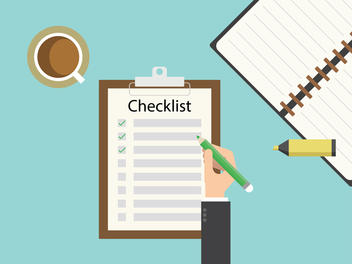In France, finding accommodation sometimes means you have to be ready to fight. Start looking as soon as possible and learn the required administrative procedures ahead of time so you don't waste time once you're in France.
How to find accommodation
It is sometimes difficult to find rental accommodation in France, especially in the big cities. It is recommended that you start looking, and even reserve on a temporary basis at least, before you arrive in France. Don't hesitate to contact the assistance programmes available for researchers, such as the Euraxess centre nearest you; they can help you find somewhere to live.
If you have the student status (as a doctoral student), you can ask for accommodation in a student residence . Don't wait until the last second before asking.
The accommodation lease
Before moving in, you must sign a lease - a rental contract- with the owner of the lodging or with their legal representative (such as an estate agent). The lease is mandatory and constitutes proof of your location of residence. It establishes the conditions for the rental: duration, amount of rent and utility charges and terms of renewal or cancellation of the lease.
Signing up for electricity and natural gas
The renter pays the sign-up fees for electricity and natural gas. Contact a provider as soon as you move into the accommodation. Along with the two traditional providers, EDF and Engie, there are many newer operators on the market, so don't hesitate to compare pricing on the site UFC - Que choisir.
Housing assistance
Depending on your income and the type of lodging you have, you may have the right to one of the following forms of housing benefits: the "allocation de logement sociale" (social housing benefit) or the "aide au logement personnalisée" (personalised housing assistance). To find out, do a simulation or contact the Caisse d’allocations familiales (Family assistance fund) nearest you.
Comprehensive household insurance
Comprehensive household insurance is mandatory. It covers damage that your home may suffer (theft, water and fire damage) as well as third-party liability. Contact an insurance company to obtain coverage as soon as you know the day you will be moving in. You will almost always be asked to provide proof of insurance when you sign the lease.
Recommended items
























































